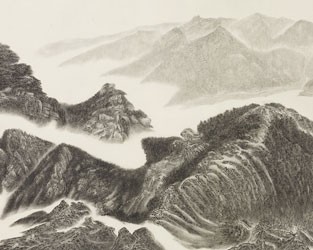![]() In the wake of the Asia-Pacific War, Korean survivors of the "comfort women" system—those bound into sexual slavery for the Japanese military—lived under great pressure not to speak about what had happened to them. Joshua Pilzer’s Hearts of Pine provides a window into the lives of three such survivors: Pak Duri, Mun Pilgi, and Bae Chunhui. Over the course of ten years, the author worked with these elderly women: smoking with them, eating with them, singing and playing with them, and trying to understand and document their worlds of song.
In the wake of the Asia-Pacific War, Korean survivors of the "comfort women" system—those bound into sexual slavery for the Japanese military—lived under great pressure not to speak about what had happened to them. Joshua Pilzer’s Hearts of Pine provides a window into the lives of three such survivors: Pak Duri, Mun Pilgi, and Bae Chunhui. Over the course of ten years, the author worked with these elderly women: smoking with them, eating with them, singing and playing with them, and trying to understand and document their worlds of song.
During four decades of secrecy and the subsequent decades of the "comfort women" protest movement, music helped these women cope with and express their experiences, forge and sustain identities and social relationships, and record and convey their struggles and philosophies of life. Through these intimate portraits, Hearts of Pine illustrates the personal and social power of music, and presents heretofore unrecorded histories of the "comfort women" system and postwar South Korean public culture as written in women's song. In this presentation, the author introduces his ten-year project of fieldwork. He discusses recording and collecting songs, attempts to understand the many gulfs of culture and experience that separated him from the survivors, and the idea of Korean music as an alternative Korean history.
Thursday, May 3, 2012
Hearts of Pine
with
Dr. Joshua D. Pilzer
Assistant Professor of Ethnomusicology, University of Toronto






